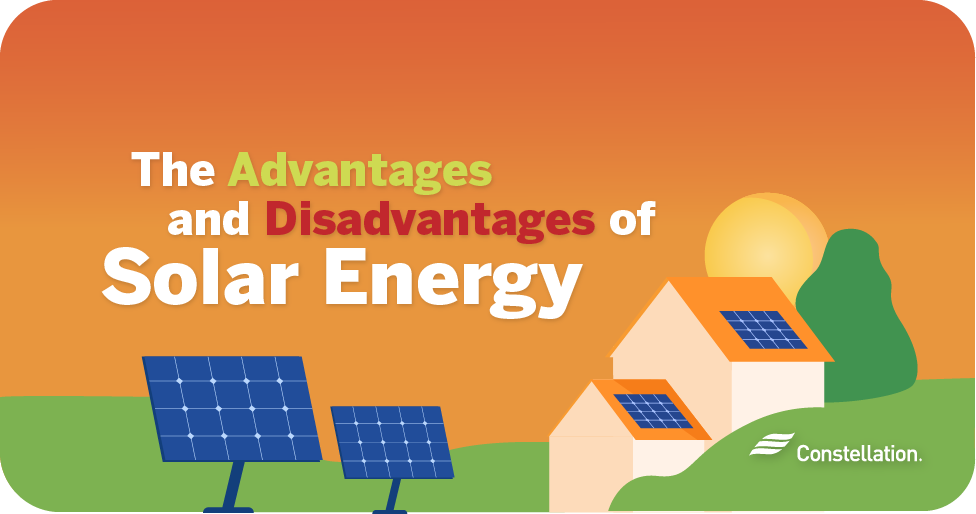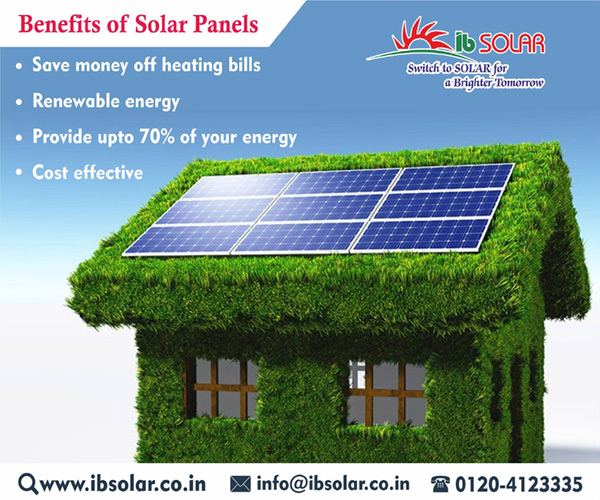How Solar Energy Can Aid You Conserve Money and Lower Your Carbon Footprint
The integration of solar energy right into your power profile offers a compelling opportunity for both financial savings and ecological stewardship. By harnessing the sun's power, house owners can considerably minimize their regular monthly utility expenses while additionally safeguarding versus the unpredictability of future power costs. The transition to solar contributes to a significant decrease in carbon discharges, lining up individual financing with more comprehensive eco-friendly objectives. As different government rewards appear, the concern occurs: exactly how can one efficiently browse the first investments and continuous benefits of solar modern technology to take full advantage of both financial and environmental gains?
Comprehending Solar Energy Cost Savings
While the change to solar power typically includes a first investment, recognizing solar energy savings is vital for homeowners and services alike. Solar power systems can significantly decrease power expenses by using the sun's power, translating into substantial lasting economic advantages. By generating their very own electrical energy, users lessen reliance on grid power, which goes through varying rates. These financial savings can build up over time, often bring about a quick return on financial investment.
Moreover, solar energy systems might get approved for different monetary motivations, including tax obligation credit histories and refunds, additionally boosting their cost-effectiveness. The availability of web metering enables customers to offer excess energy back to the grid, developing an added revenue stream. These factors contribute to the overall financial savings connected with solar power.

In addition to direct financial financial savings, solar power provides the included benefit of raising home value. Houses furnished with solar panels are typically extra appealing to purchasers, as they assure lower energy costs - Simply Solar Illinois. Recognizing these aspects is crucial for anybody taking into consideration solar power, as it highlights not simply the possible financial gains, however additionally the wider ecological and economic benefits of embracing eco-friendly energy solutions
Preliminary Costs vs. Long-Term Advantages
When evaluating solar power, it is very important to weigh the preliminary prices against the long-lasting advantages. The upfront investment for solar panels, installation, and related equipment can be considerable, commonly ranging from $15,000 to $30,000, depending on the system size and home energy needs. This first expense may deter some property owners; however, it is vital to take into consideration the prospective cost savings with time.
As soon as set up, solar energy systems can substantially minimize or also get rid of month-to-month electrical energy costs, bring about significant lasting financial advantages. Studies show that house owners can conserve anywhere from $10,000 to $30,000 over the life expectancy of their planetary system, usually 25 years. In addition, several states offer incentives, tax obligation credits, and refunds that can counter first costs, making solar more easily accessible.

Reducing Your Carbon Footprint
Decreasing your carbon footprint is a read this article crucial factor to consider in today's ecologically mindful society, and taking on solar power is just one of the most effective strategies to attain this objective. Solar power is a tidy, renewable energy that substantially decreases dependence on nonrenewable fuel sources, which are major factors to greenhouse gas emissions.

Additionally, the prevalent fostering of solar modern technology urges the advancement of eco-friendly tasks and supports advancements in power storage and efficiency. The even more individuals and organizations purchase solar power, the higher the collective reduction in carbon emissions, cultivating a cleaner ambience for future generations.
Government Incentives and Discounts
Embracing solar power not just profits the atmosphere but can additionally lead to significant financial savings, specifically with the availability of federal government rewards and discounts. Various federal, state, and local programs are designed to motivate house owners and companies to buy solar power systems, making the shift much more cost effective.
One of one of the most prominent incentives is the Federal Investment Tax like this Obligation Credit Report (ITC), which enables solar system owners to deduct a considerable percent of the installment prices from their federal tax obligations. This reward has been crucial in decreasing the ahead of time costs related to solar power systems. In addition, lots of states provide their own tax obligation credit reports, grants, and refunds that can additionally enhance cost savings.
Additionally, some regional federal governments supply residential or commercial property tax obligation exceptions for solar setups, ensuring that home owners do not encounter boosted real estate tax as an outcome of their renewable resource investments. Energy companies may likewise offer incentives, consisting of net metering and feed-in tolls, which allow solar energy individuals to sell excess power back to the grid.
Choosing the Right Solar System
Selecting the ideal solar system is crucial for taking full advantage of energy efficiency and economic benefits. The choice depends upon several factors, consisting of power demands, budget, and available area. House owners ought to start by analyzing their electrical energy intake to establish the system dimension needed for optimum performance.
Following, take into consideration the various sorts of solar technologies offered. Simply Solar Illinois. Photovoltaic (PV) panels are the most typical, transforming sunshine straight right into electrical power, while solar thermal systems concentrate on home heating water. Each type has distinct advantages relying on private demands
Spending plan factors to consider are also critical. Preliminary setup prices can vary dramatically, so it's crucial to contrast quotes from numerous service providers and check out funding options. Federal government motivations and rebates can better lower the economic worry, making planetary systems a lot more easily accessible.
Conclusion
The environmental advantages of solar energy contribute to lasting techniques essential for combating environment modification. Federal government rewards enhance the usefulness of more information solar technology adoption, urging a shift in the direction of a cleaner, much more financially effective power source.